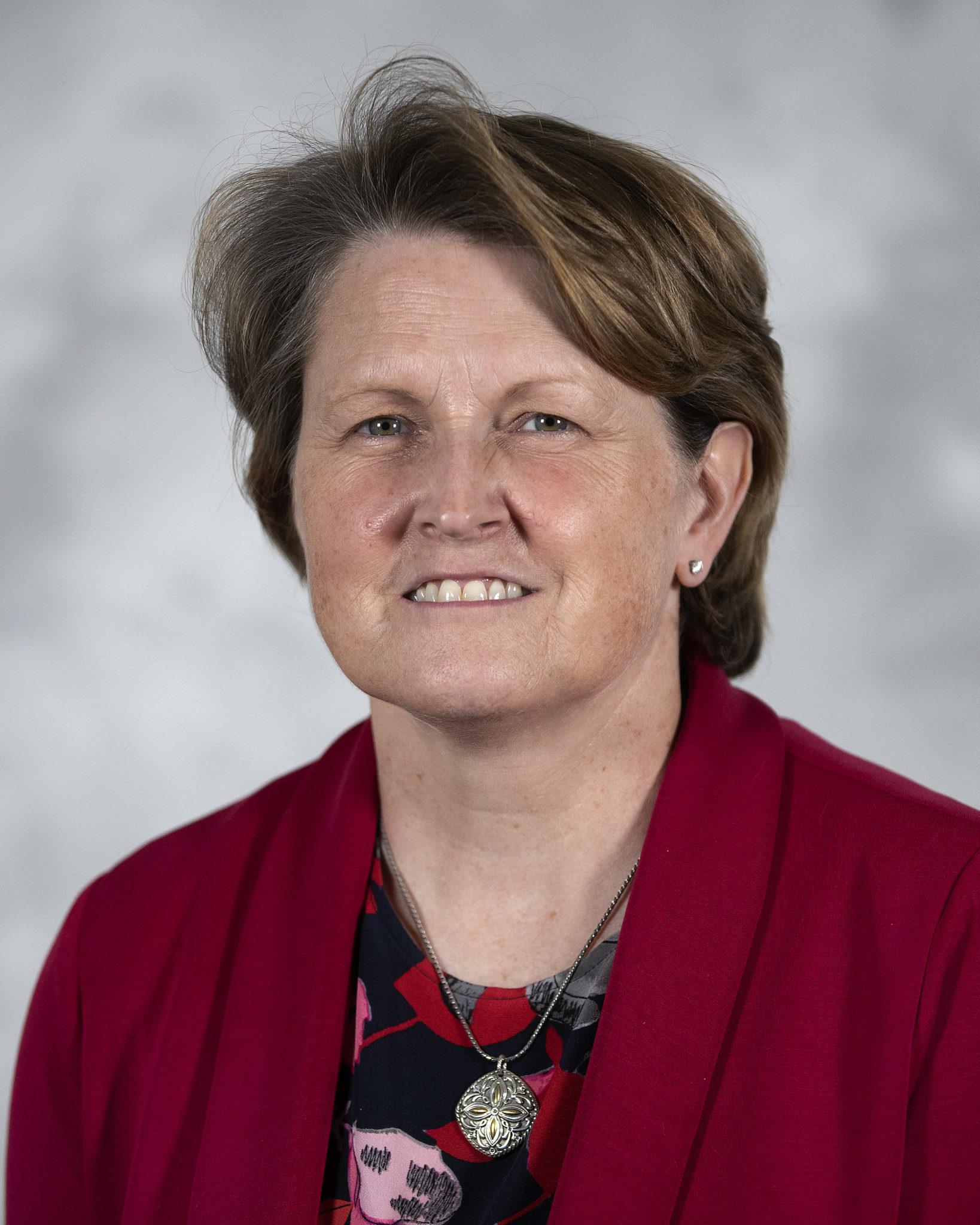Writer / Dr. Lisa Landrum, Gynecological Oncologist, IU Health Joe and Shelly Schwarz Cancer Center at IU Health North Hospital
According to the National Cervical Cancer Coalition, more than 13,000 women in the U.S. will be diagnosed with cervical cancer each year. Cervical cancer is one of the five cancer types that attack a woman’s reproductive system. However, it is the easiest gynecological cancer to prevent. It is also a very treatable type of cancer when it is caught early.
Learn about your risk factors.
Cervical cancer is caused by infection with the human papilloma virus (HPV) and there is no relationship to family history. Risky sexual activity, such as early onset of sexual activity and multiple partners, increase your risk for HPV infection. People who smoke or are immunocompromised are at high risk because both of these factors impair the patient’s ability to ever clear the virus and they remain persistently infected.
Get a pap smear.
The Pap smear (or pap tests) is used to look for precancerous cells on the cervix. According to the Centers for Disease Control and Prevention, cervical cancer cases and related deaths have decreased significantly in the last 40 years, largely due to many women getting regular Pap tests. It’s usually recommended to begin getting Pap tests at age 21, and they can be done at your gynecologist’s office during your yearly exam. After that, your doctor will tell you how often you need to be tested. For women age 30+, talk with your doctor about which testing option is recommended for you – a Pap test, HPV test or both.
Get the HPV vaccine.
The HPV vaccine protects against the types of HPV that are most likely to cause cervical cancer and other gynecological cancers. According to the National Cancer Institute, the HPV vaccine helps to prevent approximately 90% of cervical cancers in women who received the vaccine before the age of 17. The vaccine is recommended for girls between the ages of 11 and 26. Women over the age of 26 who have not yet gotten the vaccine, can still get it if it is recommended by your doctor.
Cervical cancer is very treatable when caught early. Don’t delay in scheduling your yearly checkup with your gynecologist.






